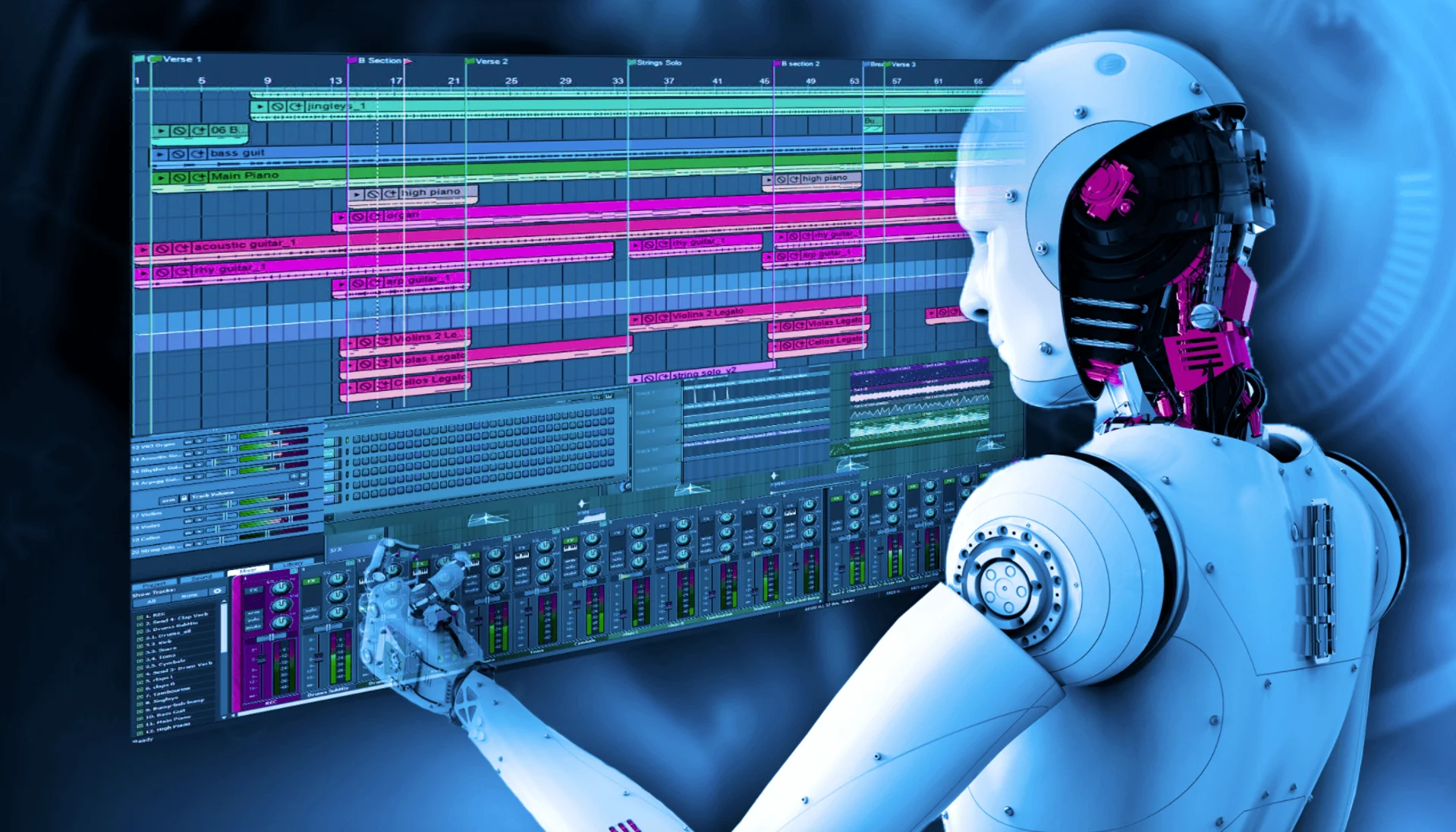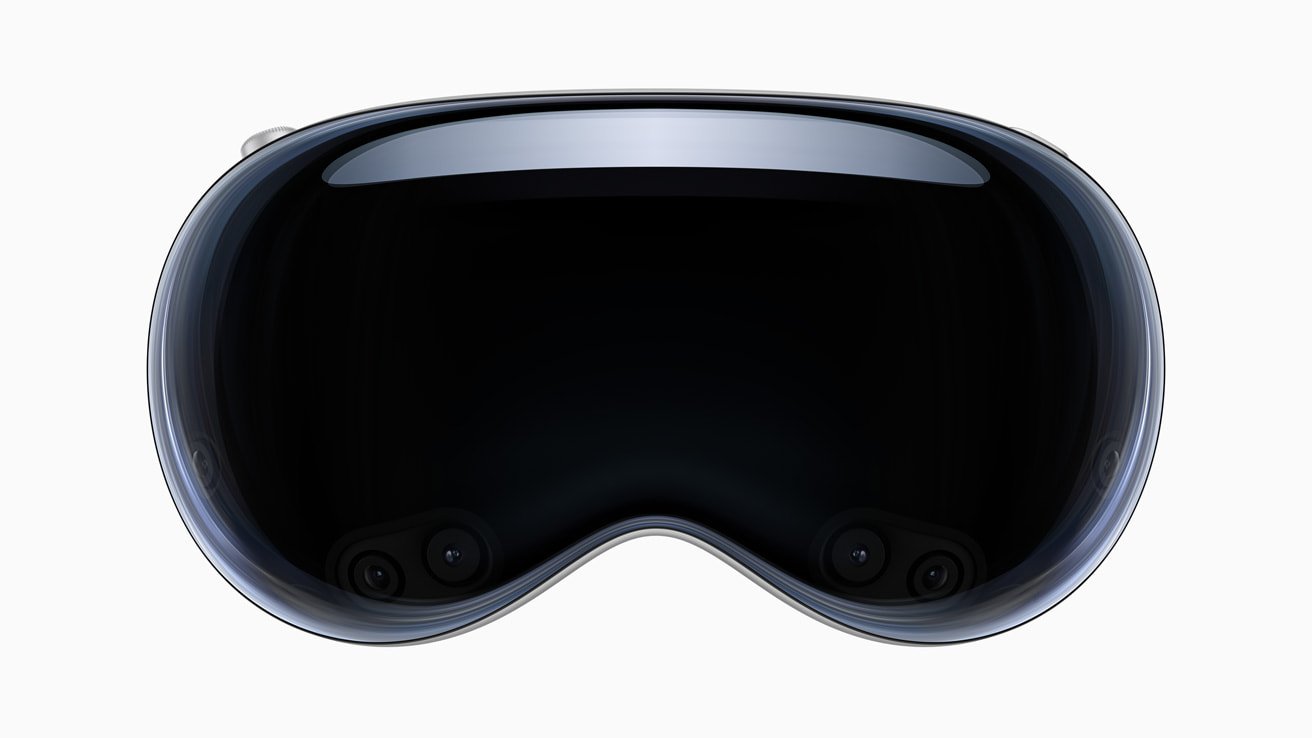Artificial Intelligence (AI) has taken a giant leap into the music industry, enabling the creation of songs that are not just novel but surprisingly catchy. As we delve into this technological marvel, it’s essential to understand how AI is transforming the landscape of music composition and the broader implications for artists and the industry.
Key Highlights:
- AI models are now capable of creating music, leading to innovative compositions and new forms of artistic expression.
- Services like 3LAU AI and Splash Music are at the forefront of this trend, offering unique ways for users to generate songs.
- The integration of AI in music raises questions about artistry and copyright in the music industry.
- Despite potential disruptions, experts believe AI will complement rather than replace human musicianship.
- The technology is in its early stages, with significant developments expected in the future.

AI in Music: A New Era of Composition
AI’s foray into music is not entirely new, but recent advancements have led to more sophisticated and artistically viable compositions. AI models like 3LAU AI, backed by DJ Justin Blau, offer an extensive library of AI-generated music, while limiting the number of licenses to maintain exclusivity and quality control. Blau’s approach exemplifies the potential of AI in creating music that resonates with the electronic and pop genres, known for their mathematical structures.
The Rise of AI Music Platforms
Platforms like Splash Music have democratized music creation, making it accessible to everyone. By integrating with Amazon Alexa, Splash Music allows users to create custom songs using voice prompts. This advancement represents a significant step in enabling widespread access to music composition, fostering a new breed of AI-assisted musicians.
Impact on the Music Industry
While AI brings innovation, it also raises concerns about the loss of artistry and potential copyright issues. The backlash against AI-generated vocals mimicking artists like Drake and The Weeknd highlights the legal and ethical complexities surrounding AI music. Despite these challenges, artists like Grimes see AI collaboration as a positive development, emphasizing the enhanced capabilities it brings to human creativity.
The Future of AI in Music
Experts believe that AI’s role in music will be complementary, enhancing rather than replacing human creativity. The technology is still in its infancy, with significant developments and broader acceptance expected in the future. The quick sell-out of 3LAU AI licenses indicates a growing interest in AI-generated music, suggesting an evolving landscape where AI and human creativity coexist.
The Artistry and Legal Landscape
The advent of AI in music raises significant questions about the preservation of human artistry and the complexities of copyright laws. The controversy surrounding AI-generated vocals that mimic popular artists like Drake and The Weeknd underscores the ethical and legal challenges in this domain. While some artists embrace AI for its potential to augment human creativity, others express concerns about the dilution of artistic authenticity.
As AI continues to evolve, it’s clear that its impact on music composition is just beginning. The blend of AI and human creativity offers exciting possibilities for future music creation, expanding the boundaries of what’s possible in the art form. While challenges remain, particularly in terms of artistry and copyright, the future of music composition looks bright, with AI playing a pivotal role in its evolution.





























